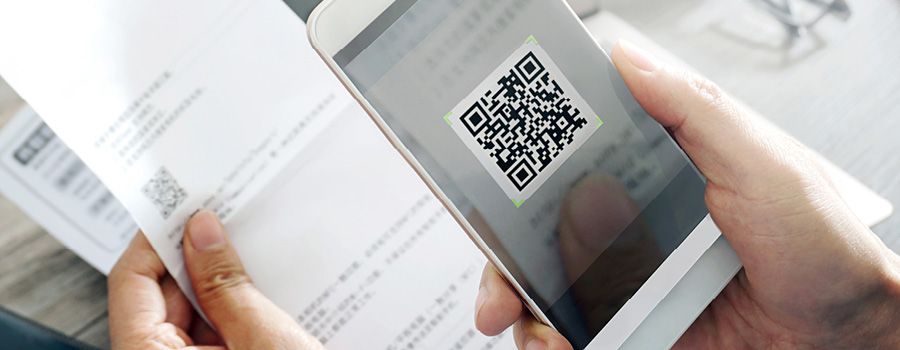
Be Aware of QR Code Phishing
QR codes seem to be everywhere. You may have scanned one to see the menu at a restaurant or to pay for public parking. You may have used one on your phone to get into a concert, sporting event, or to board a flight. There are countless ways to use them, which explains their popularity. Unfortunately, scammers are starting to hide harmful links in QR codes to steal personal information.
There are reports of scammers covering up QR codes on parking meters with a QR code of their own. And some crafty scammers might send a QR code by text message or email and make up a reason for you to scan it. A scammer's QR code could take you to a spoofed site that looks real but isn't. And if you log in to the spoofed site, the scammers could steal any information you enter.
Prevention Tips
- If you see a QR code in an unexpected place, inspect the URL before you open it. If it looks like a URL you recognize, make sure there's no misspellings or switched letters.
- Don't scan a QR code in an email or text message you weren't expecting - especially if it urges you to act immediately.
- Protect your phone and accounts. Update your phone's operating system to protect against hackers and protect your online accounts with strong passwords and multi-factor authentication.
If you realize you clicked or responded to a phishing email involving your SFB account, contact us immediately at 888.254.0165. Additionally, you can report the incident to the FTC at ReportFraud.ftc.gov or the Internet Crime Center at www.ic3.gov.



